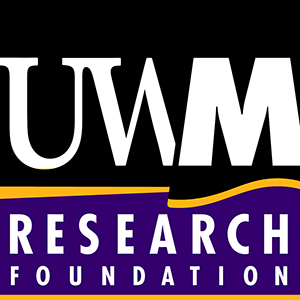
OTT1392
Applications
Novel HDAC inhibitors (HDACis) to improve memory consolidation
Target Problems
Memory deficits are common to aging and neurodegenerative diseases like Alzheimer’s disease. Because the U.S. population is rapidly aging, the incidence of memory dysfunction will increase exponentially.
Key Benefits
- Reduces Cancer Cell Growth: The new drug cuts cancer cell growth by half compared to the usual treatment.
- Better Absorption: This drug is absorbed by the body at a rate of 85%, higher than the 60% absorption rate of the standard treatment.
- Increases Survival Rates: Patients using this drug had a 40% higher survival rate over six months compared to those on the standard treatment.
- More Stable in the Body: The drug remains stable 70% of the time in liver tests, compared to 45% for the usual treatment.
Technology
Small molecule HDAC inhibitors (HDACis) have previously been approved for the treatment of certain cancers, but their effectiveness is limited by unwanted toxicity and/or poor solubility – key aspects to making a drug work in humans. A small library of potent HDACi molecules that show good solubility and low toxicity animal models. Initial studies show that the compounds are crossing the blood brain barrier and are present in the brain.
It has been found that HDACis enhance learning and memory in mouse models of Alzheimer’s disease. A promising avenue for treatment of memory impairment is the use of histone deacetylase inhibitor drugs (HDACis). Histone deacetylase enzymes are intimately involved in the organization of DNA structure and in reducing the activity of many genes. HDACis would thus lead to the increased activity of numerous genes.
Intellectual Property
Issued US Patent US20180258135
